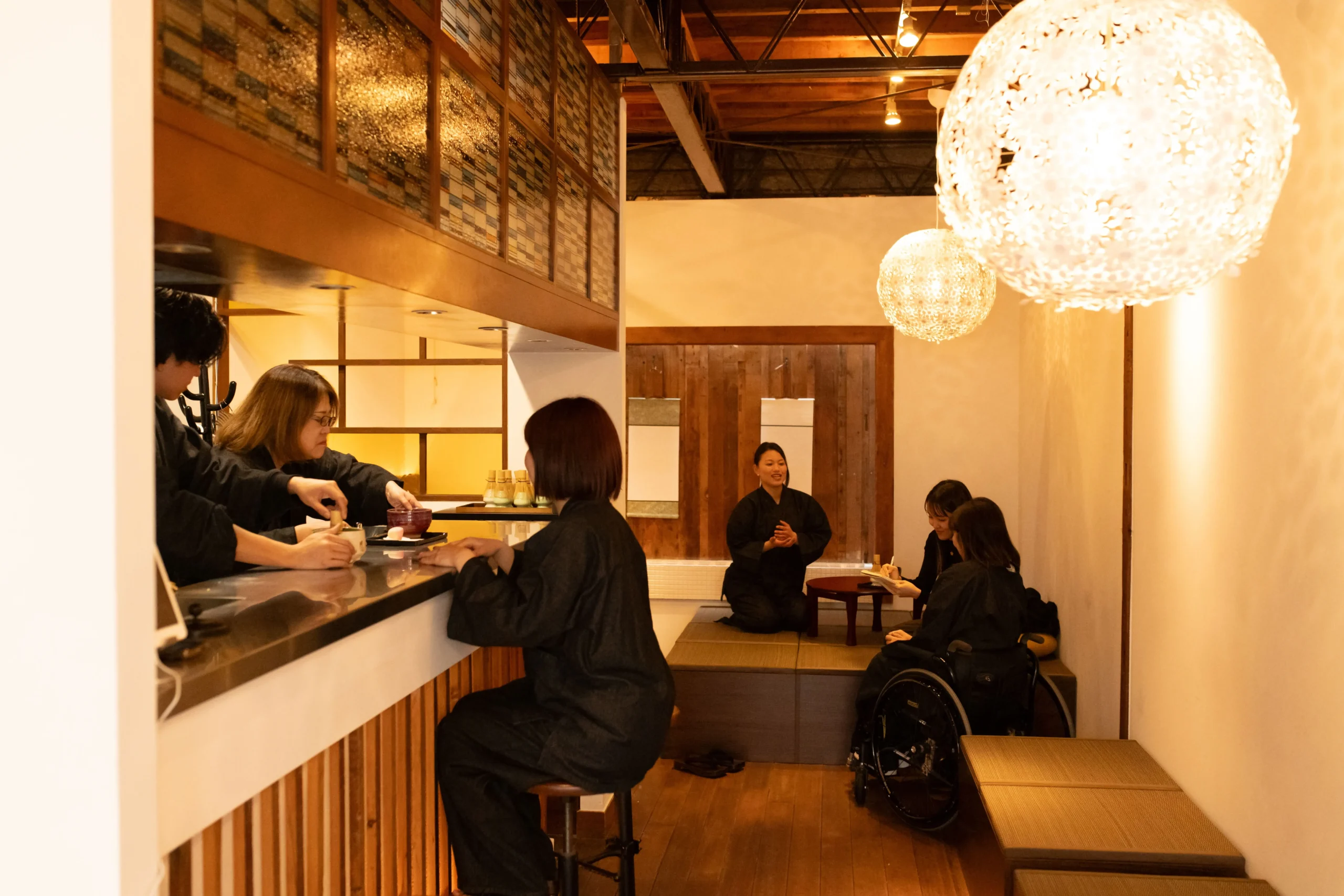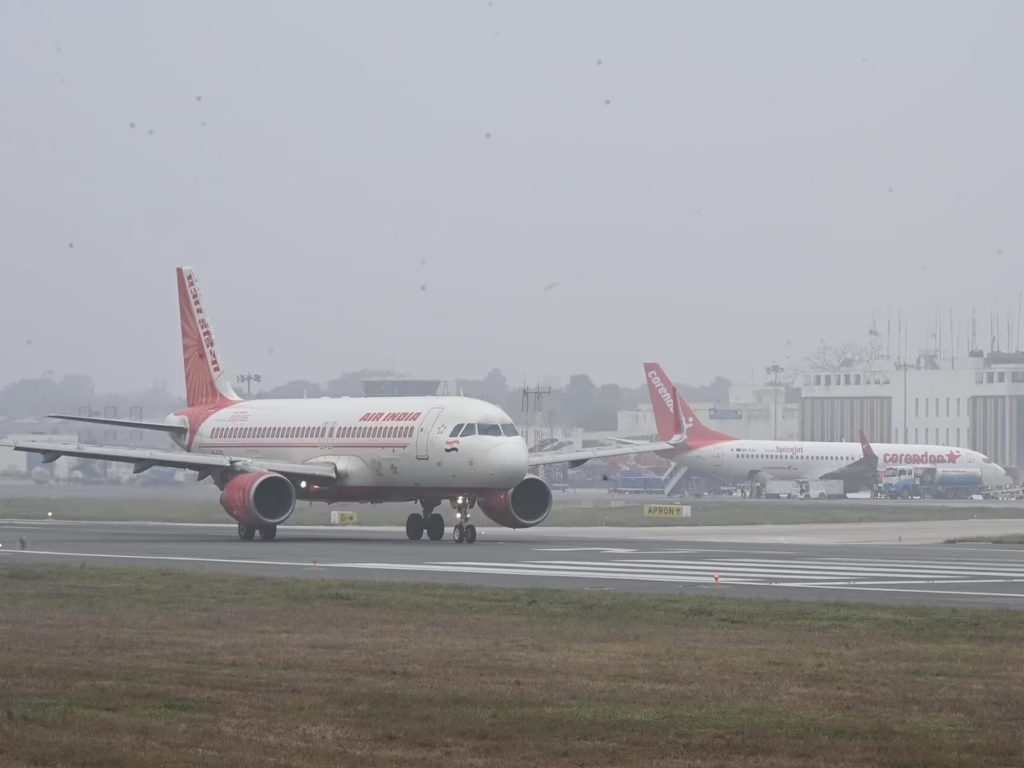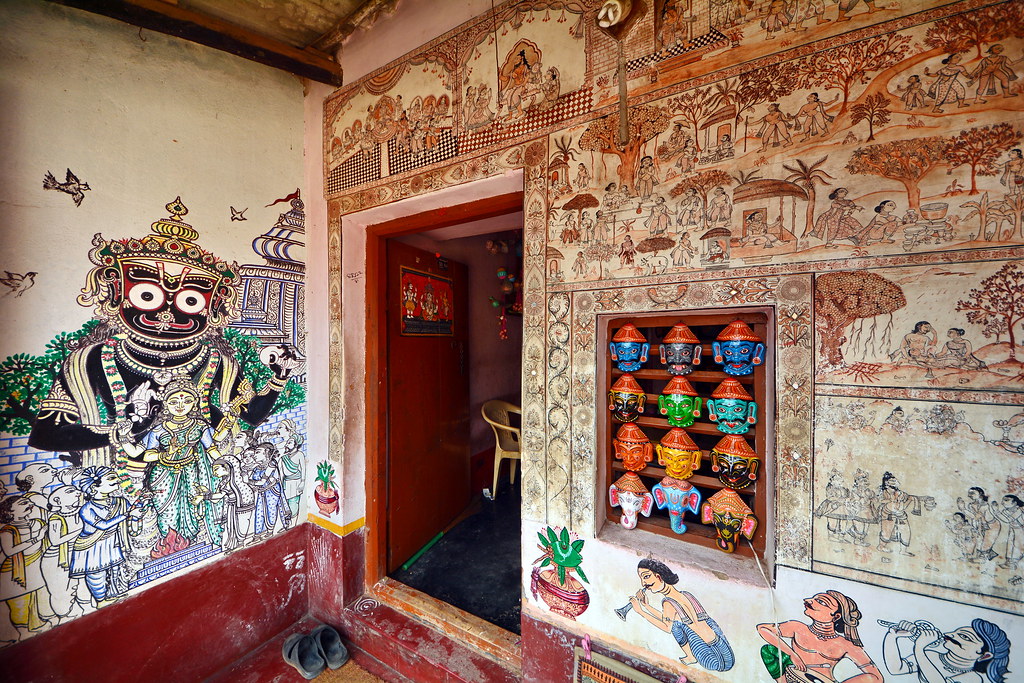Now Reading: Tokyo’s Silent Café: Where You Come for Coffee, Stay for the Quiet
-
01
Tokyo’s Silent Café: Where You Come for Coffee, Stay for the Quiet
Tokyo’s Silent Café: Where You Come for Coffee, Stay for the Quiet

In a city as fast-paced and densely packed as Tokyo, silence is rare. But tucked away in a quiet alley, there’s a café that offers exactly that—not just coffee, but stillness. Here, speaking is discouraged, phones stay in pockets, and the only sounds are the rustle of paper, the clink of cups, and the occasional footsteps. It’s not a gimmick. It’s the whole point.
A Café Built Around Quiet
Unlike typical cafés that hum with conversation and background music, this space was designed for people who crave a break from noise—mental or external. Patrons are asked not to talk. Instead, they read, write, think, or just sit. No pressure to interact, no forced smiles. The silence becomes the atmosphere.
For many, especially regulars, this silence isn’t awkward. It’s therapeutic. It creates room for focus, reflection, or simple breathing space in an otherwise chaotic day.
Who Comes Here—and Why
The crowd is a mix. Writers scribbling ideas, students reading, overworked employees just needing a pause, and travelers who want to slow down. No one’s rushing. Some stay for hours with a single drink, and that’s perfectly okay.
Interestingly, many customers come alone. That’s encouraged. This isn’t the place for dates or meetings. It’s a place where being by yourself isn’t seen as lonely—it’s respected.
Why This Concept Matters
The idea of silent cafés taps into something many urban people feel but rarely say out loud—burnout from constant noise. From office chatter to social media notifications, we’re rarely without stimulation. A space like this reminds us that stillness can be a service, just like food or coffee.
It also brings up a subtle cultural shift. In many parts of Asia, including cities in India, silence has long been associated with spirituality or rituals. Now, it’s finding a place in daily routines—not for religion, but for rest.
A Thought for Indian Cities
Tier 2 cities in India—like Nagpur, Indore, or Coimbatore—are expanding rapidly. With growing cafés, co-working spaces, and digital fatigue on the rise, this model could offer something fresh. Not as a luxury, but as a mental health offering, especially in urban setups where overstimulation is becoming the norm.
The idea isn’t about copying Tokyo’s silence rule, but about recognising the need for intentional quiet corners. Places where people can recharge without distraction.
In Conclusion
Tokyo’s silent café isn’t trying to be trendy. It’s just offering something most public spaces don’t: a quiet seat, a warm drink, and room to think. In a world where everyone’s expected to be “on” all the time, maybe the real luxury is permission to just be—quietly.
























